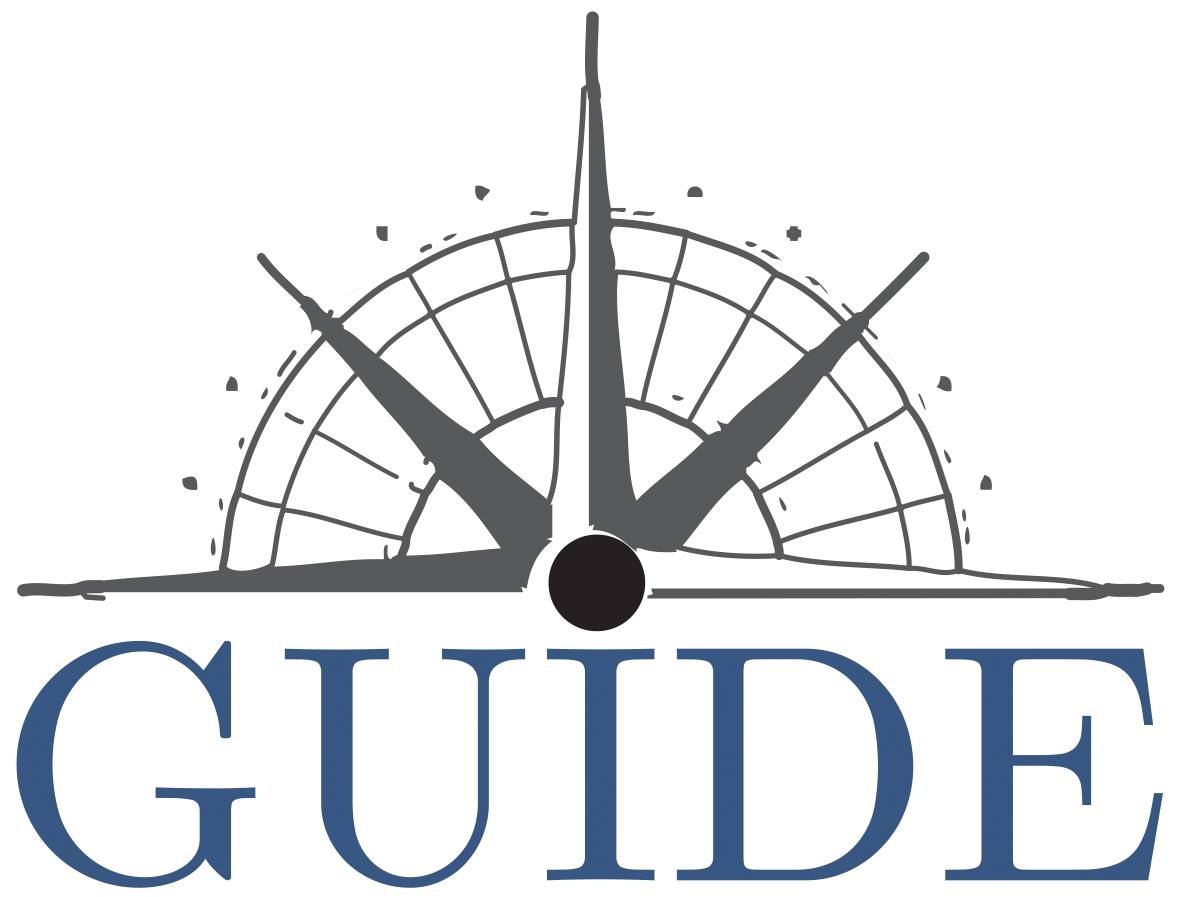Accredited GNSS and Sensor measurements
Massive data production for artificial intelligence operations (AI/Machine Learning/Deep Learning)
dEfinition
Positioning system integrators often need to develop their own fusion algorithms. Real data, collected in the field, are then required to couple sensors to the GNSS receiver. Indeed, these sensor measurements and GNSS signals must be fully representative of the considered usage conditions.
Deviations in position measurements, caused by environmental disturbances, are to be mitigated using hybridization methods. These techniques improve the performance of the system, both in terms of its resilience, its ability to reconverge to the correct positions, and its own error self-estimation capabilities.
On purpose, deep-learning technologies are increasingly implemented to train navigation filters.
In any case, the collection of test data is an unavoidable operation where as many data sets are needed as there are error profiles to overcome. In some cases, the same scenario measurement can generate a set of measurements different from each other. These data sets multiply for each of the sensors or receivers used.
In this context, the massive production of data is also a real challenge to obtain exploitable results.


Figure 1a : AI for GNSS machine learning
Figure 1b : Position measurements equivalent to those obtain with 10 GNSS receivers on board of the same vehicle
performance CRITERIA
Deep Learning algorithms are a promising avenue of research in the automated extraction of complex data. Proper implementation of these techniques will save precious R&D time.
Their predictive capabilities depend on the relevance of the learning operations and the quality of the measurements submitted to the learning filters.
In particular, these data must be both:
- Representative of the real world
- Upstanding and clean
- And in sufficient quantity
The learning strategy must be thought of upstream, i.e. from the test specifications.
METROLOGY MEANS
GUIDE is an accredited testing laboratory. Our test engineers have the skills, instrumentation and validated methods to provide massive certified data, expected to implement deep-learning processes.
This service is a simple extension of its test engineering activities. The measurements produced during the tests are intended to an R&D team instead of being analyzed by GUIDE’s teams for performance evaluation.
The success of a learning operation lies, first of all, in the consistency of the data to be collected, i.e. the quality of the test specifications. All other tasks will follow from this first step.

Figure 3 : Test bench in the laboratory of GUIDE

